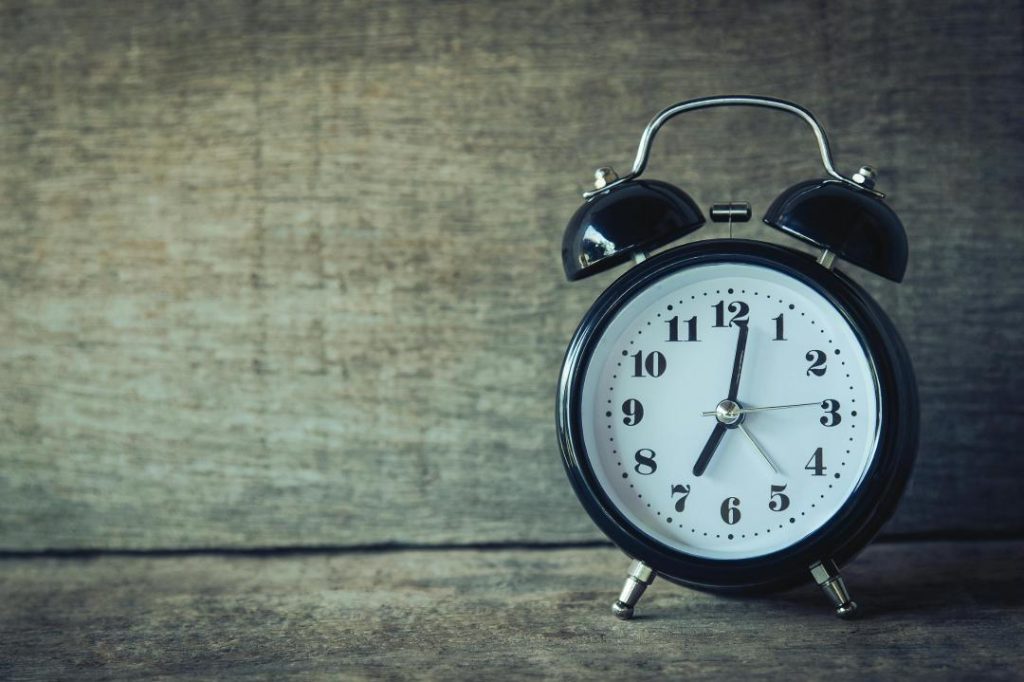
Is Eating by the Clock Better than Counting Calories?
In recent years, time-restricted eating (TRE) has gained popularity as a potential weight loss strategy. The idea is simple: eat only during specific hours, and let your body adapt to a natural rhythm. Proponents of TRE claim that it can improve insulin sensitivity, reduce inflammation, and boost metabolism. But does it really work better than the traditional approach of counting calories?
To answer this question, let’s take a closer look at the science behind TRE and calorie counting.
The Science of Time-Restricted Eating
TRE involves restricting your eating window to a specific period, typically 8-12 hours, and then fasting for the remaining hours. This approach is based on the idea that the human body has an innate circadian rhythm, which affects our metabolic rate, hormone production, and overall health.
Studies have shown that TRE can have some benefits, such as:
- Improved insulin sensitivity: A study published in the journal Diabetes found that TRE improved insulin sensitivity in obese individuals, reducing the risk of developing type 2 diabetes.
- Reduced inflammation: A study published in the Journal of the Academy of Nutrition and Dietetics found that TRE reduced systemic inflammation in overweight individuals.
- Increased human growth hormone (HGH) production: A study published in the journal PLOS ONE found that TRE increased production of HGH, which can help with weight loss and muscle gain.
However, the benefits of TRE are not unique to this approach. Other methods, such as intermittent fasting, have also been shown to have similar benefits.
The Science of Calorie Counting
Calorie counting, on the other hand, involves tracking the number of calories you consume each day to ensure you’re within a certain range. This approach is based on the idea that energy balance is the key to weight loss: if you consume more calories than you burn, you’ll gain weight, and if you consume fewer calories than you burn, you’ll lose weight.
Studies have shown that calorie counting can be effective for weight loss, especially when combined with a healthy diet and regular exercise. A study published in the Journal of the American Medical Association found that individuals who counted calories and exercised regularly lost more weight than those who did not count calories.
Is One Better than the Other?
So, is TRE better than calorie counting? The answer is no. Both approaches can be effective for weight loss, but neither has a clear advantage.
A study published in the International Journal of Obesity found that TRE was not more effective than calorie counting for weight loss in obese individuals. Another study published in the Journal of the Academy of Nutrition and Dietetics found that TRE and calorie counting had similar effects on weight loss and body composition.
What Really Matters
So, what does matter when it comes to weight loss? The answer is not TRE or calorie counting, but rather choosing an approach that you can stick with long-term and pairing it with healthy food choices.
A study published in the Journal of the American Medical Association found that individuals who followed a healthy diet and exercised regularly lost more weight than those who did not. Another study published in the Annals of Internal Medicine found that individuals who followed a Mediterranean diet and exercised regularly had a lower risk of weight regain.
Conclusion
In conclusion, TRE and calorie counting are both valid approaches to weight loss, but neither has a clear advantage. What really matters is choosing an approach that you can stick with long-term and pairing it with healthy food choices. Whether you choose to eat by the clock or count your calories, the key to success is finding a method that works for you and sticking to it.
Sources:
https://thepfc.club/blogs/news/what-matters-more-for-weight-loss-calories-or-clock






